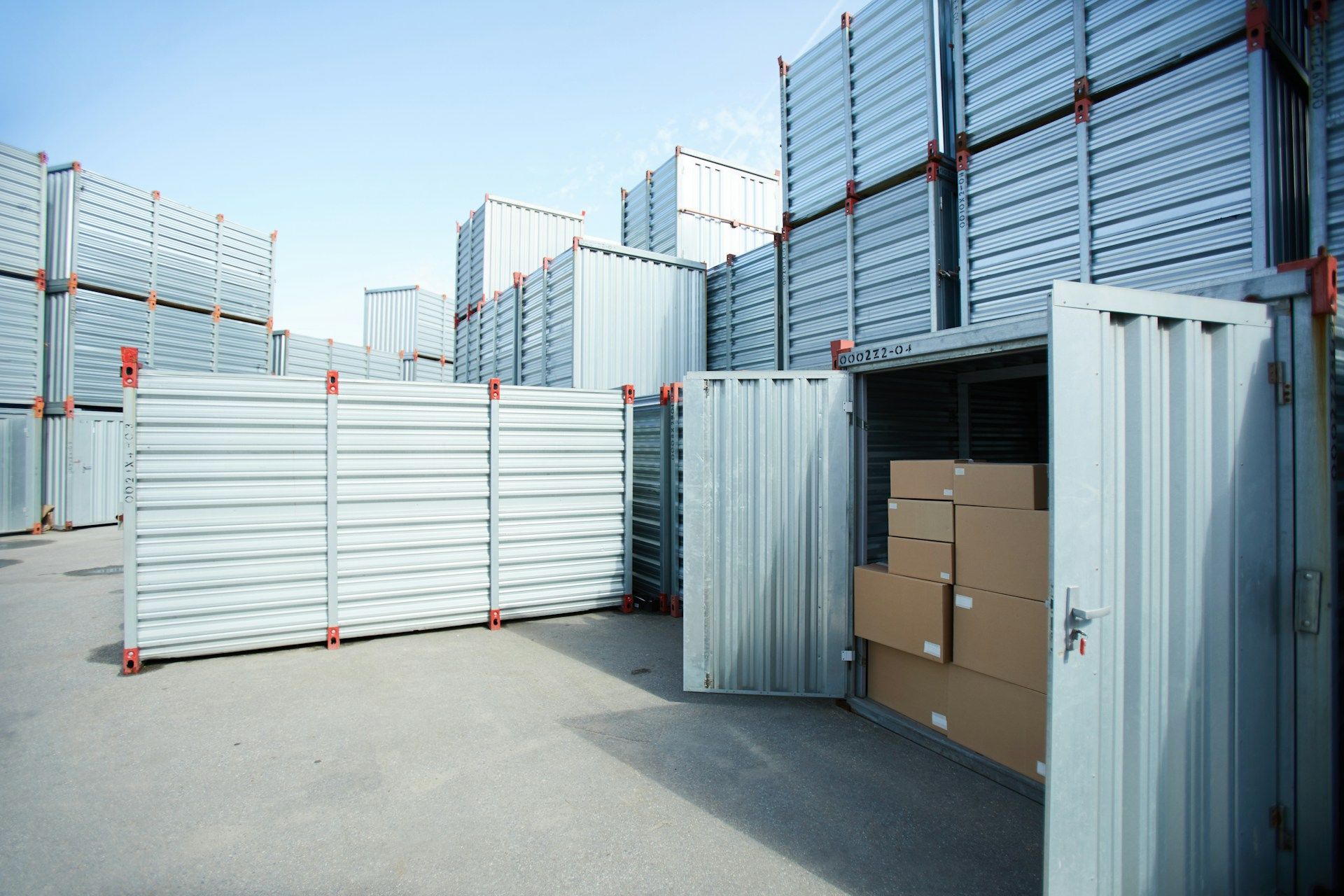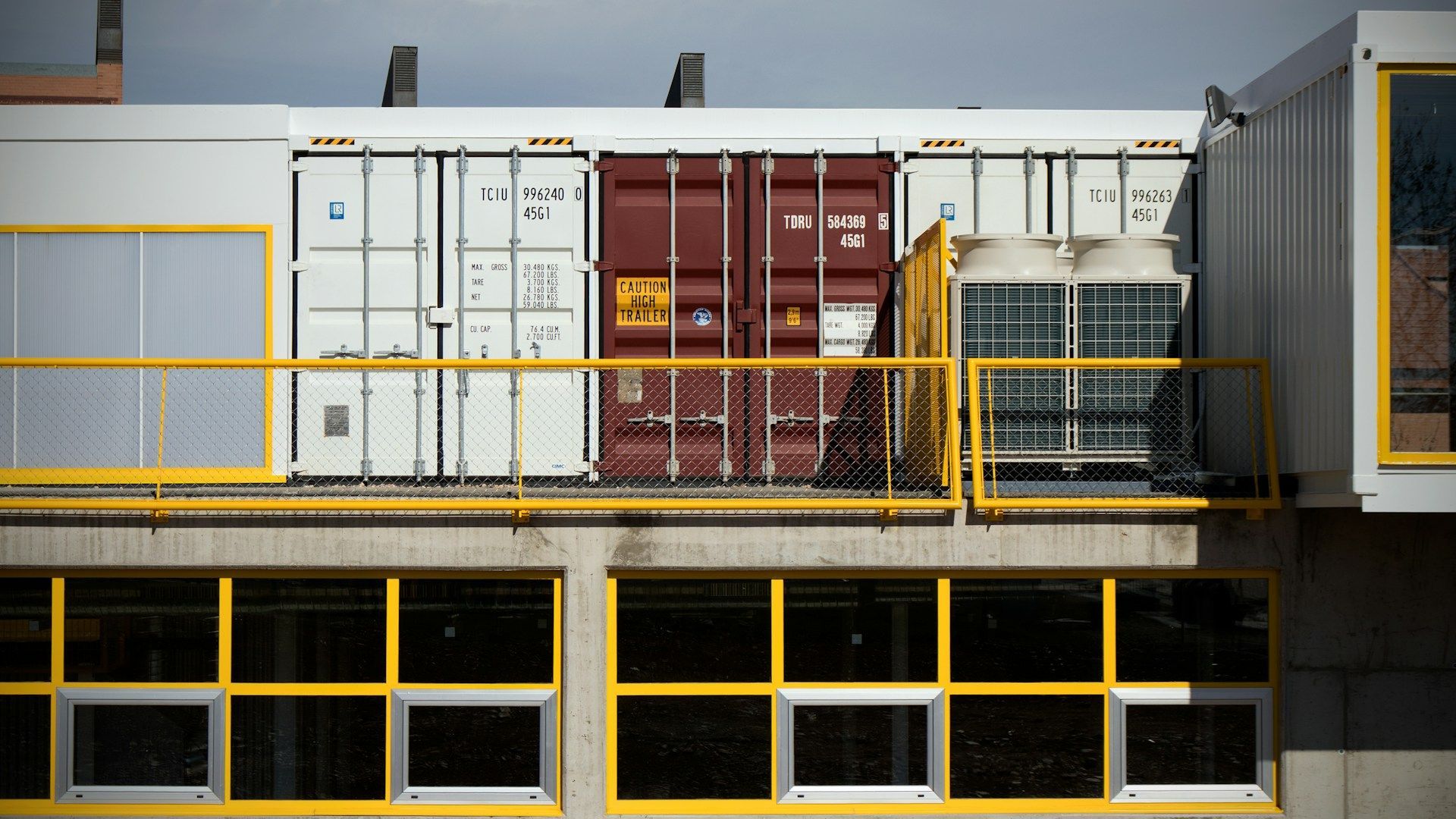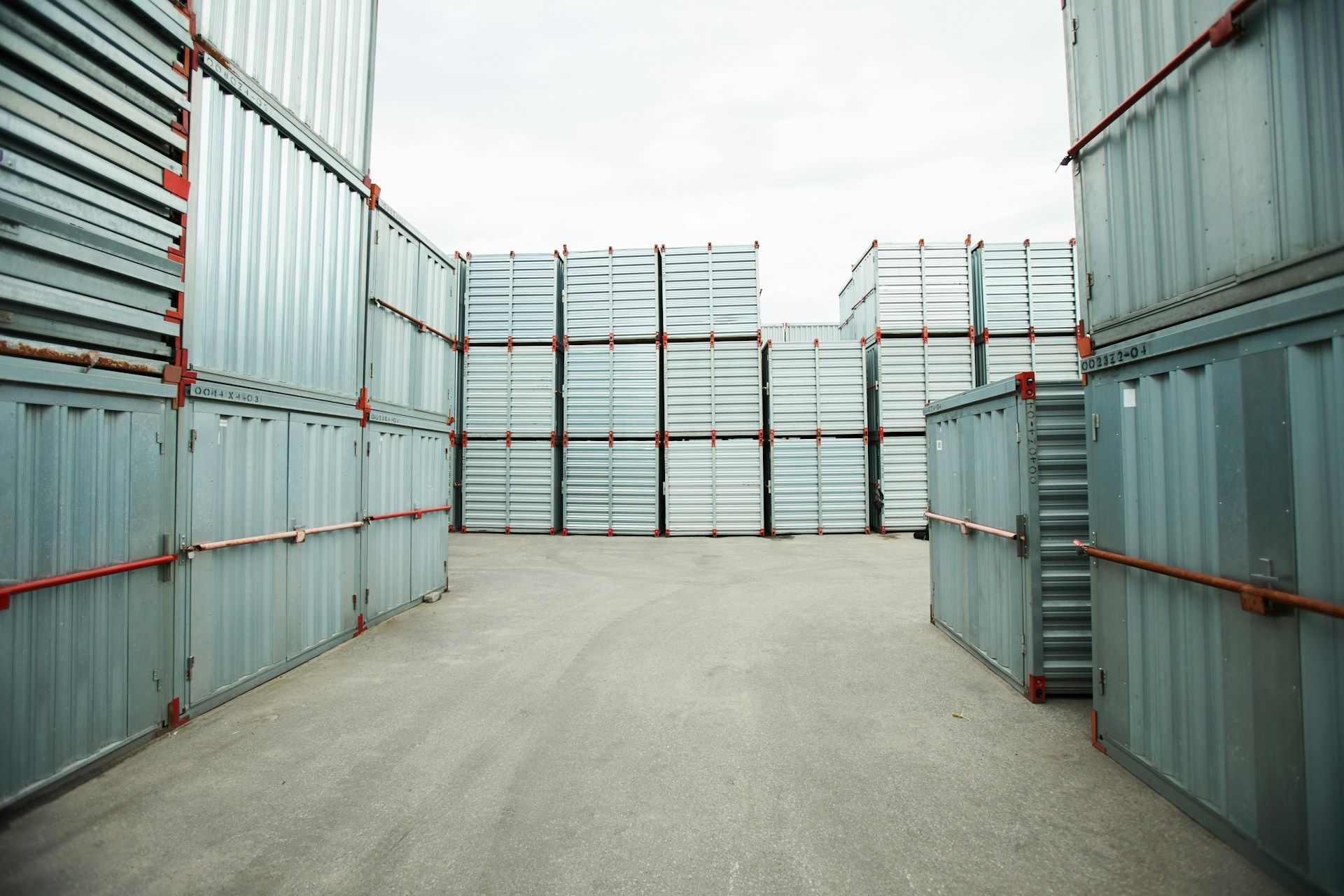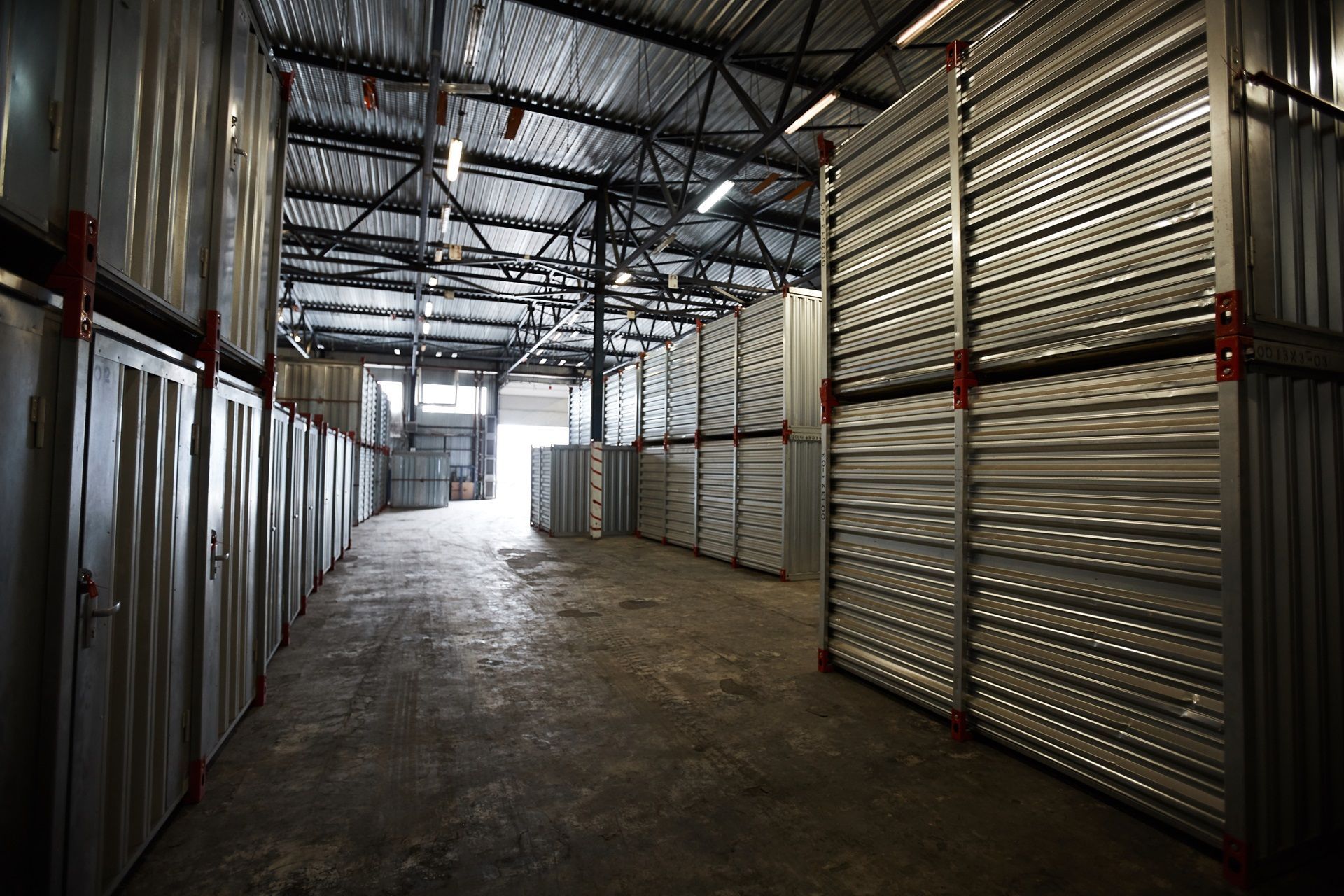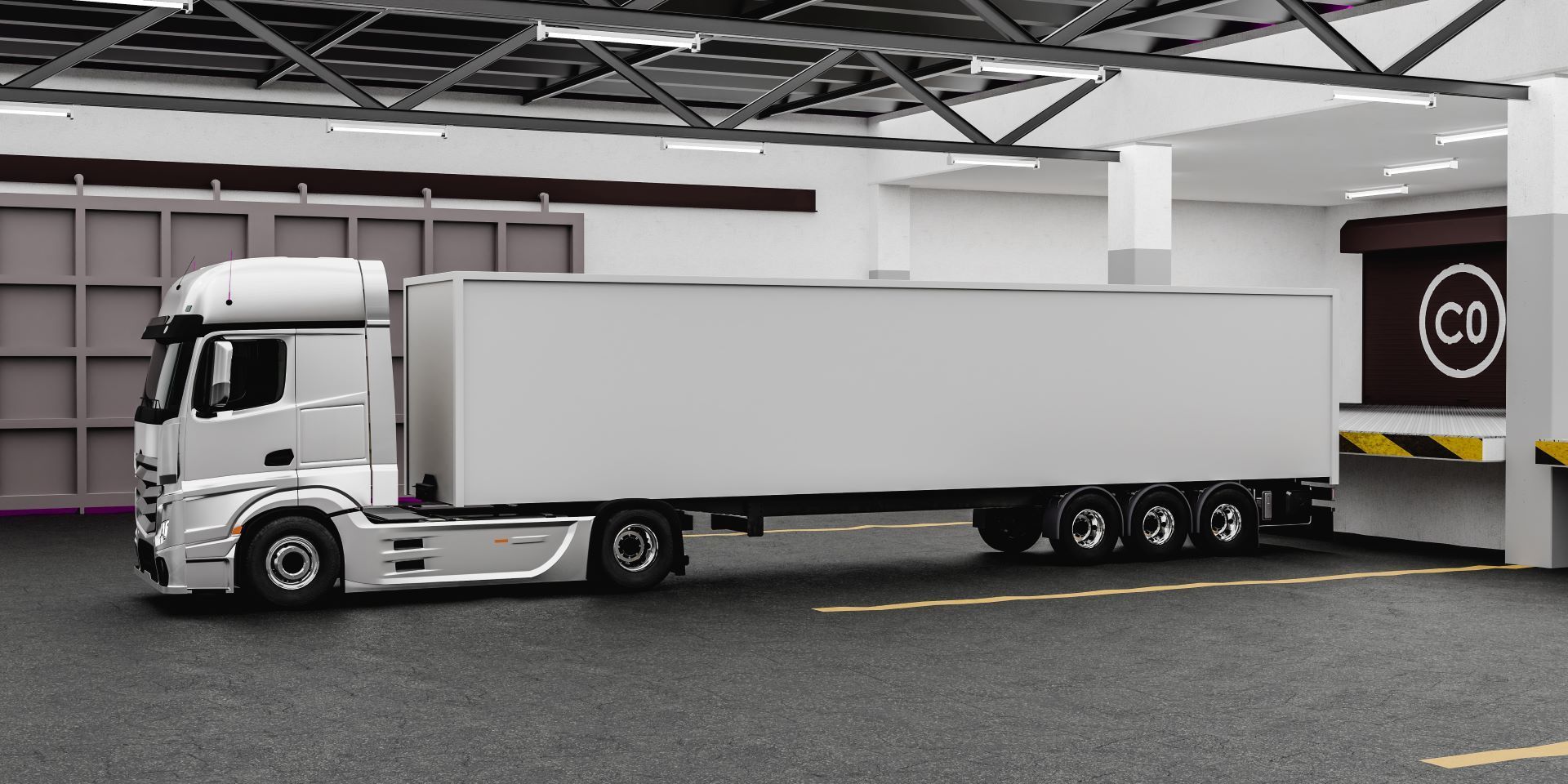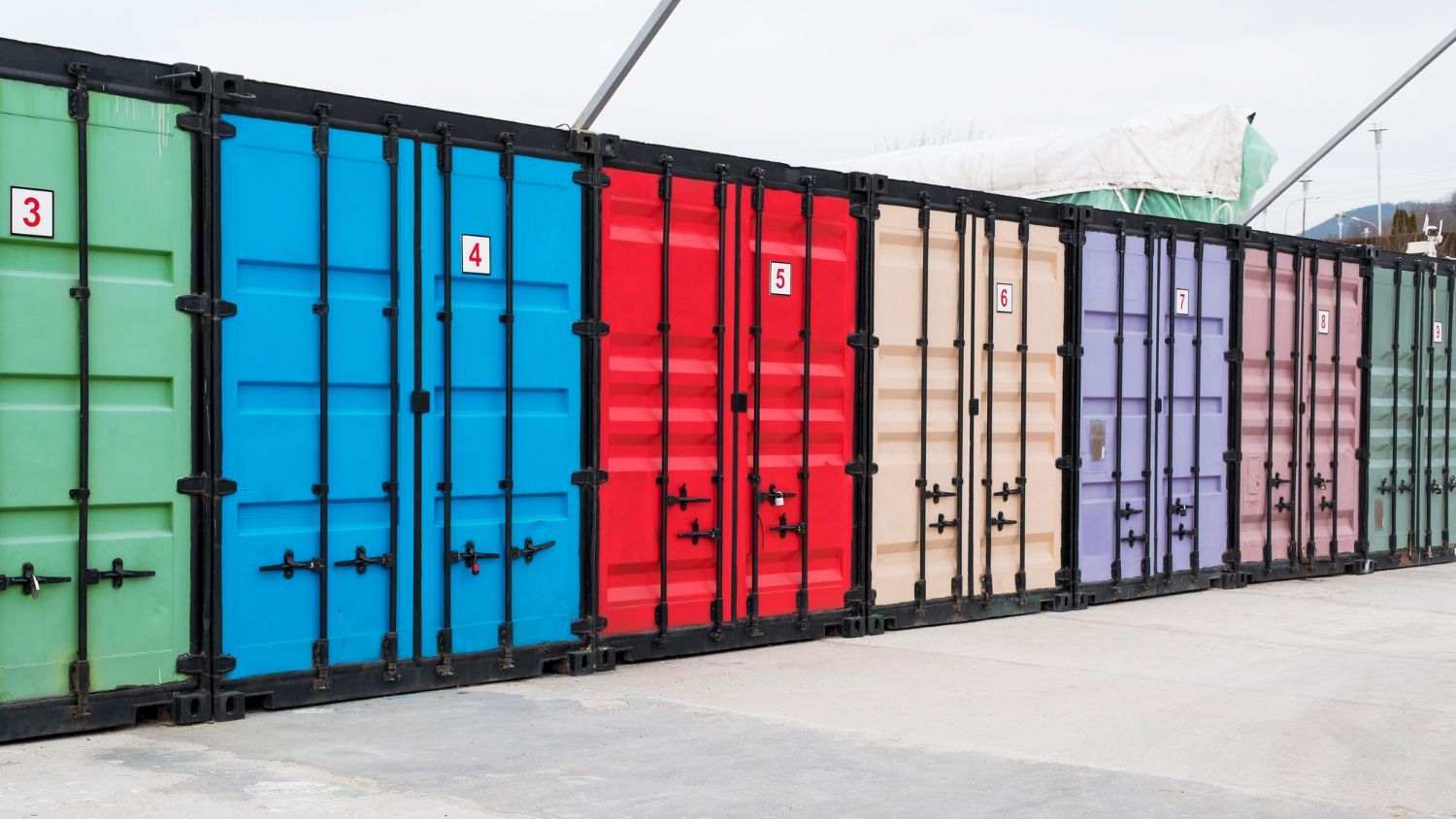OUR BLOG
High Cube Container vs. Standard Container: Which is Better?
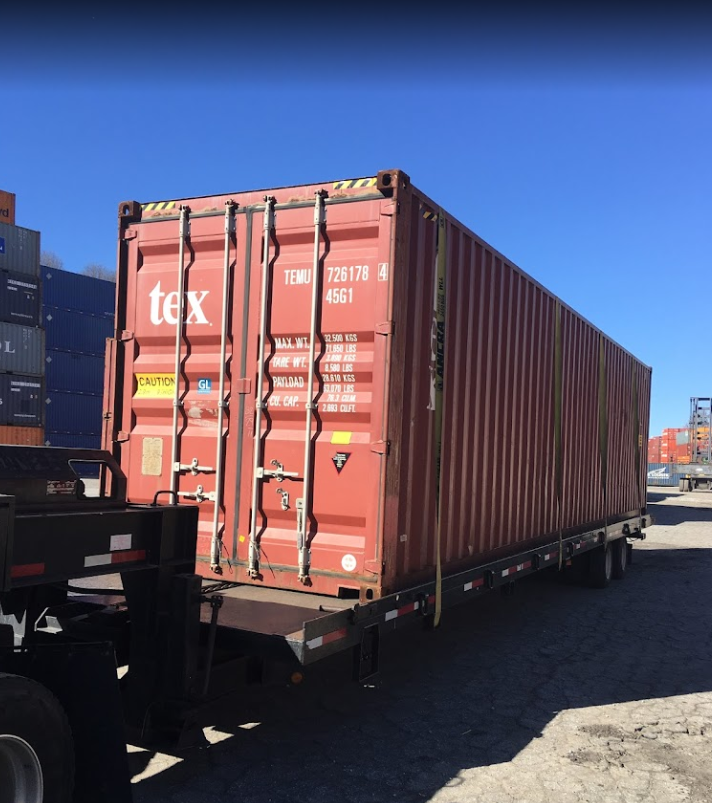
High Cube Container vs. Standard Container
Containers are large and standardized shipping materials designed to hold and convey cargoes through land, sea, rail, or air. They are rectangular boxes made from metallic rust-retardant Corten steel and come in different sizes to hold several kinds of cargo ranging from automobiles, fragile objects, foods, and mechanical parts. Containers are built with special construction features to withstand the stress and pressure of shipping stress and pressure.
The average container size complies with the ISO standards, ranging from miniature to big based on the size. Amongst several kinds of existing container types, the high cube and standard container are popular for freighting.
Although they are commonly used for freight and other purposes, one container type has better features and offers higher benefits than the other, depending on the use.
What is a High Cube Container?
High cube containers, also called HC or Hi-Cube, have similar structures to the standard container. However, they are a bit higher and have a cube-like shape when viewed from the rear, explaining the reason for the name high cube.
Most high cube containers are made from durable and lightweight metals and alloys like steel and aluminum. They are used to carry cargo and are very useful in moving large and light shipments with a height reaching 2.50m.
High cube containers can have different cargo lashing rings around their structure, depending on your chosen type. These rings are designed to hold as heavy as 100kg to 1000kg cargo.
Specifications of a High Cube Container
These are the different specifications of a shipping container. They will account for various storage capacities and other aspects as well.
Let us take a look at these different options related to high cube shipping container options and freight containers.
External
High cube containers are designed to have different widths and heights. However, the required standard for an average high cube container as presented by the International Organization for Standardization (ISO) is:
Length:
The length of a high cube container can vary from the regular 40ft HC or 45ft HC. 40ft HC is the preferred length for cargo shipping, while 45ft is used on rare occasions.
Width:
A 40ft HC has an 8ft width to allow for the passage of large-sized cargoes.
Door:
The double doors that secure the enclosure is often 8.5ft high and 7.8ft wide.
Internal
The internal measurement of a High cube container depends on its external size—which may be either 40 or 45 feet.
Length:
A 40ft high cube container has an internal length of 39.5ft, while the 45ft has an inner length of 44.5ft. Despite the height difference, they both have the same width.
Weight:
The average weights for the 40ft and 45ft containers are 30,480kg and 32,500kg.
If you need more assistance with storage capacity, maximum gross weight, internal width, standard sizes, and more on high cube shipping containers, reach out to our Atlantic Trailer Leasing and Sales team today.
What is a Standard Container?
The standard container, also known as the all-purpose container, is the most common container for freighting and other purposes. They are enclosed on all sides and are usually made from durable steel material. Sometimes, the standard container can be made from aluminum and have slightly higher payloads. Since they are one of the basic forms of containers in the market, they are generally inexpensive.
Specifications of a Standard Container
These are the specifications of a standard container instead of a high cube shipping container.
External
Length:
The length of a standard container can vary from the regular 40ft to 20ft. 40ft is the common length for cargo shipping, while 20ft is used for transporting smaller cargoes. The required standard for an average standard container is:
Width:
A 40ft standard container has a 7.5ft width.
Internal
The internal measurement of a standard container depends on its external size—which may be either 20 or 40 feet.
Length:
A 20ft high cube container has an internal length of 19.4ft, while the 45ft has an inner length of 44.5ft.
Width:
The internal lengths of 20ft and 40ft containers are 7.8ft and 7.9ft, respectively. However, both standard containers are the same at 7.9ft, respectively.
Which One is Better - Standard Shipping Container or High Cube Shipping Containers?
Standard and high cube containers are almost similar in features and structure. However, the high cube container is higher than the standard container with one foot, allowing for more storage. This extra height makes it heavier than the standard container.
Choosing a better container size depends on several factors. These factors range from how you plan to use what size and fragility are involved in your cargo weight.
Concerning size, the high cube container wins by a comparative advantage as it has payload capacities of 28,600kg and 27,700kg for 40ft and 45ft, respectively. The extra height of the high cube container makes it a better option for extra safety in storing the cargoes. Also, the high cube container having lash rings for shipments provides additional cargo handling and transportation benefits.
High cube containers contain features like durable body parts and wooden flooring that provide elegance and promote more safety. These features make them more expensive to rent or purchase.
The 20ft standard containers are suitable and pocket-friendly for smaller cargoes. Generally, the standard container is a general-purpose container with basic features like bare wooden floors and locks that protect from wind and flood. Hence, they are less expensive and are pocket-friendly to purchase.
Are You Looking For Containers? Talk to Us Today!
Whether you are looking for wide pallet containers, flat rack containers, or tank containers, our Atlantic Trailer Leasing and Sales team would be pleased to help you out. Our team offers a wide variety of container types that will certainly meet your needs.
We know that shipping and general-purpose containers are in demand because of their wide applications.
If you are looking for a standard shipping container for general cargo or creative projects, contact our team at 678-944-8433.
